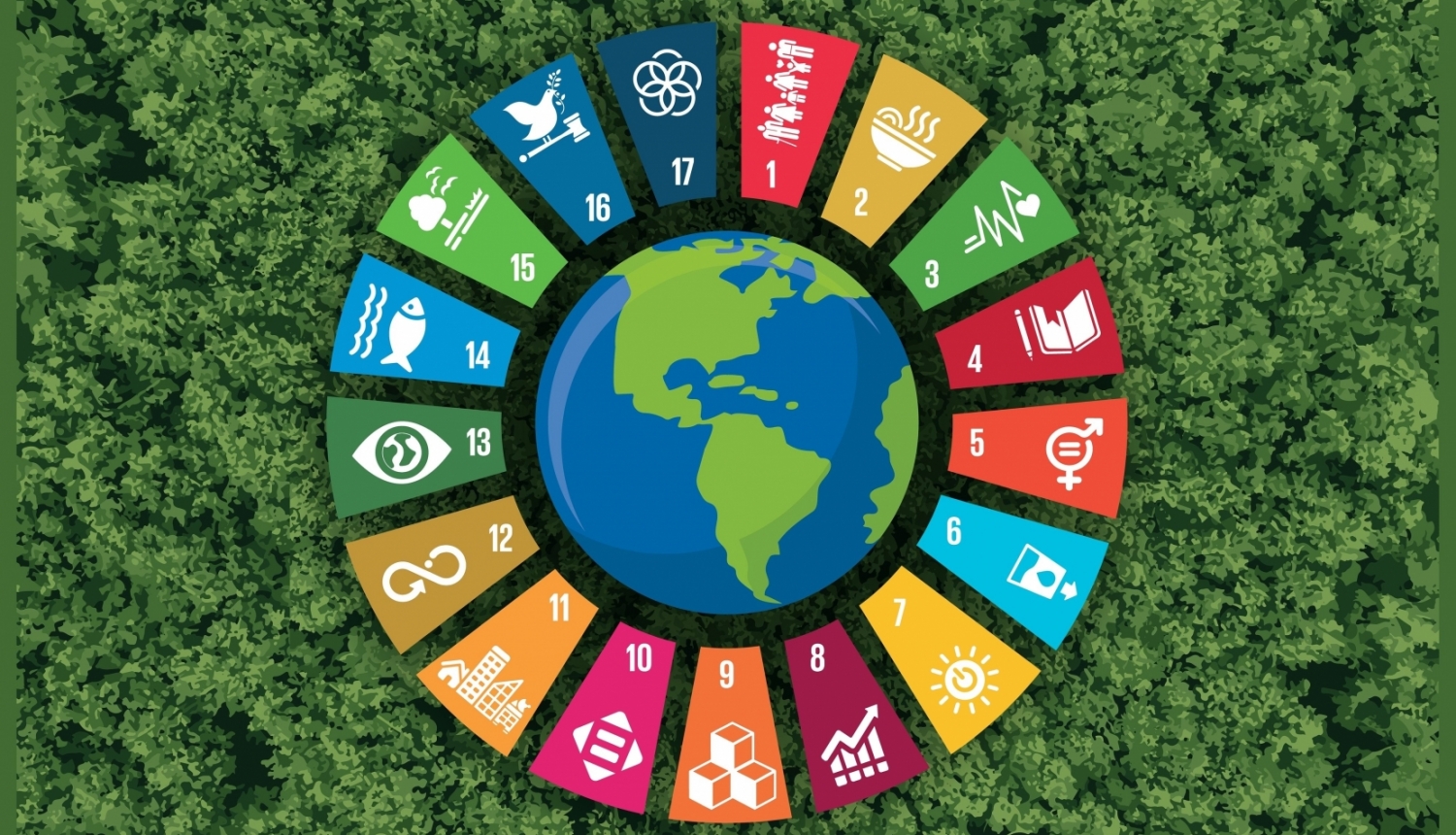On 18-19 September, the UN Summit will be held where Latvia will report on sustainability goals in five following areas: science and innovation, modernisation of governance, reducing inequalities, assistance to less developed countries and support for peace in Ukraine and the world.
Latvia is implementing the UN Sustainable Development Goals by integrating them into the Sustainable Development Strategy of Latvia 2030 (Latvia 2030) and National Development Plan for 2021-2027 (NDP2027). Other policy documents of Latvia also focus on the implementation of the UN Sustainable Development Goals (SDGs).
Latvia commits to providing 1 % of GDP for research and innovation in 2024 and 1.5 % of GDP in 2027, compared to 0.69 % in 2021. It is important to note that Latvia is among the leading countries in the world in terms of representation of women in science. According to Eurostat, women account for 51 % of researchers in Latvia in 2021. Latvia is also performing well in providing digital public services to citizens and businesses. The country has a high share of eGovernment users (84 % of internet users), above the EU average. Latvia also provides support to partner countries. For example, in 2023-2024, the association Riga TechGirls is implementing the project ‘STEM School for Girls’ in South Africa and Cameroon.
In the area of modernisation of governance, Latvia is committed to strengthen at national level people’s partnership with the state and trust by 2027. One example is the plan to simplify the use of the Single Portal for Development and Harmonisation Draft Legal Acts and to provide citizens’ views on decisions taken by the government.
In order to ensure social protection, especially for people with low income, the government has committed to ensuring a regular review of the minimum income thresholds as of 1 July 2023.
Latvia continues to actively provide Official Development Assistance (ODA)[1]. The target is to reach 0.33 % of gross national income (GNI) by 2030, with approximately half for least developed countries. Assistance is mainly provided in the areas of governance, gender equality, quality education, digitalisation and smart entrepreneurship, media literacy, climate and environmental technologies.
Latvia has provided comprehensive support for peace in Ukraine and is one of the leading countries in terms of aid, compared to its GDP. Latvia has provided refugees with a number of allowances, apartments, public transport and scholarships. In 2023, Latvia launched a structured support for the reconstruction of Ukraine. In cooperation with the Marta Centre, it is planned to open a support centre for women victims of violence, as well as a support centre for young mothers in Chernihiv district.
These commitments expressed by Latvia at the UN SDG Summit, constitute only part of Latvia’s contribution to the UN SDGs.
In 2023, the world is a halfway to the deadline for achieving the 17 Sustainable Development Goals (SDGs) set by the UN Agenda 2030. The COVID-19 pandemic, climate, biodiversity and pollution crises have had a negative impact, exacerbated by the Russian Federation’s invasion of Ukraine.
On 13 September, the government approved the informative report “Towards 2023 UN Sustainable Development Goals”. The report was drawn up at the State Chancellery in cooperation with the Ministry of Foreign Affairs and the Permanent Representation of Latvia to the UN.
[1] ODA is assistance to other less developed countries.



